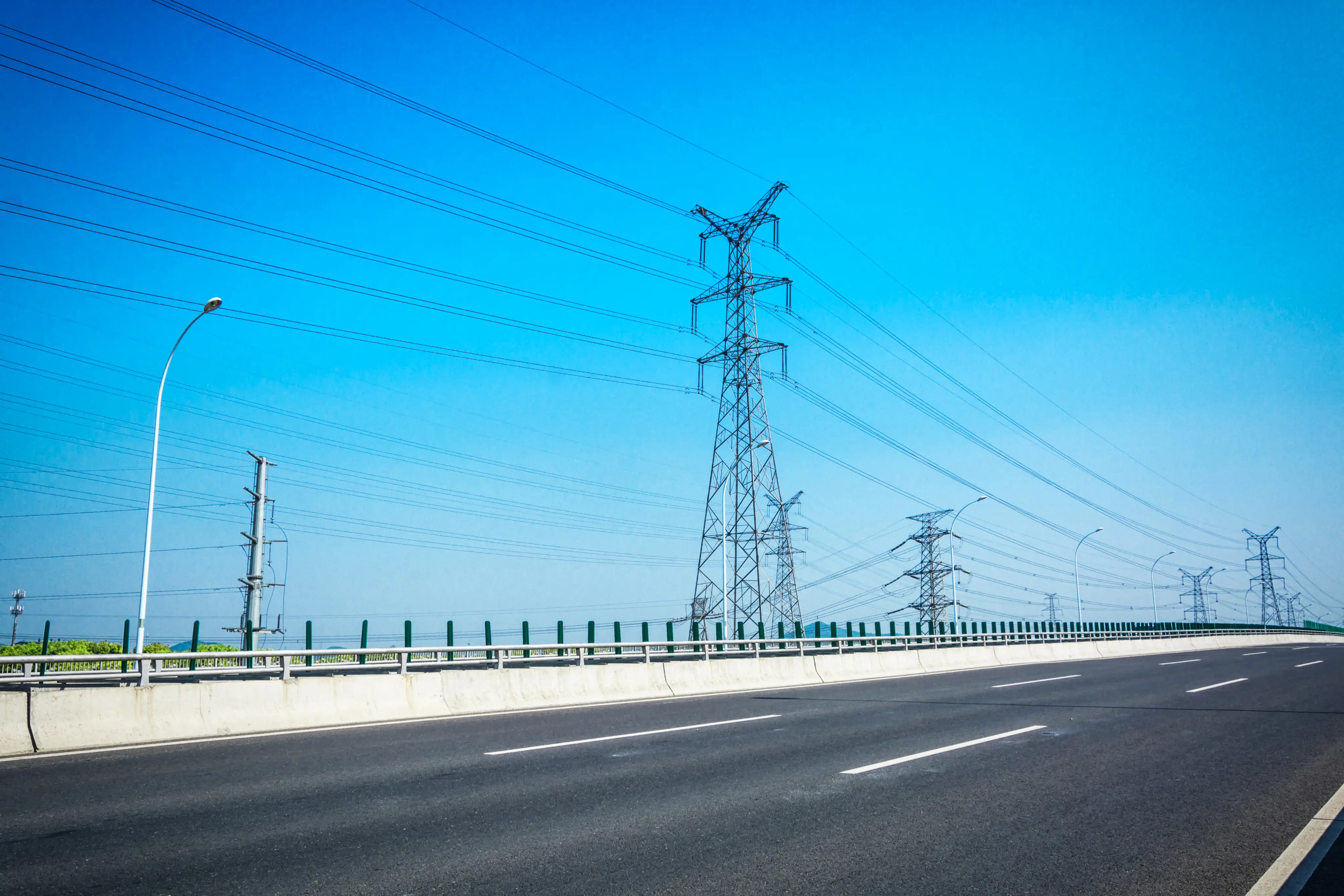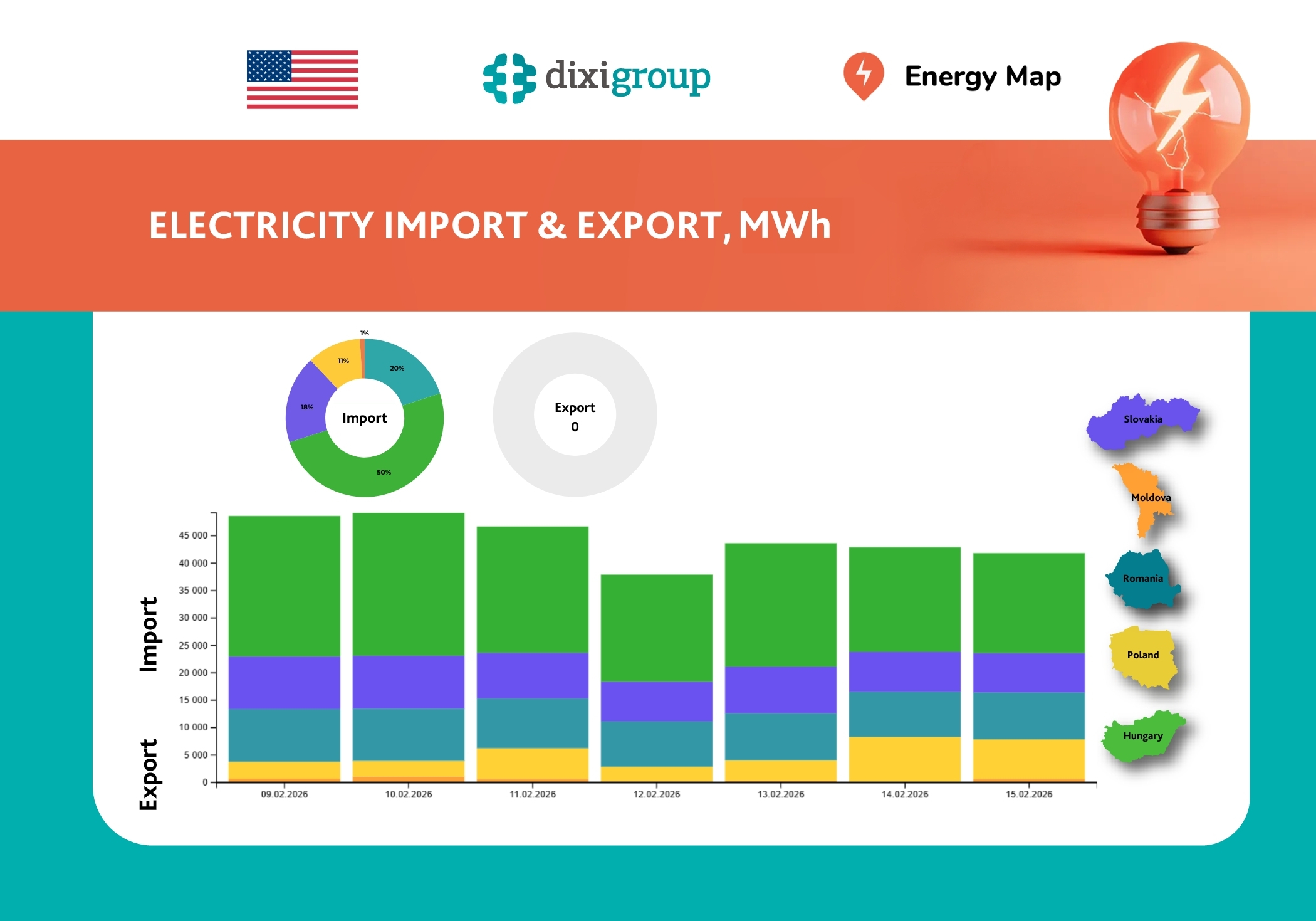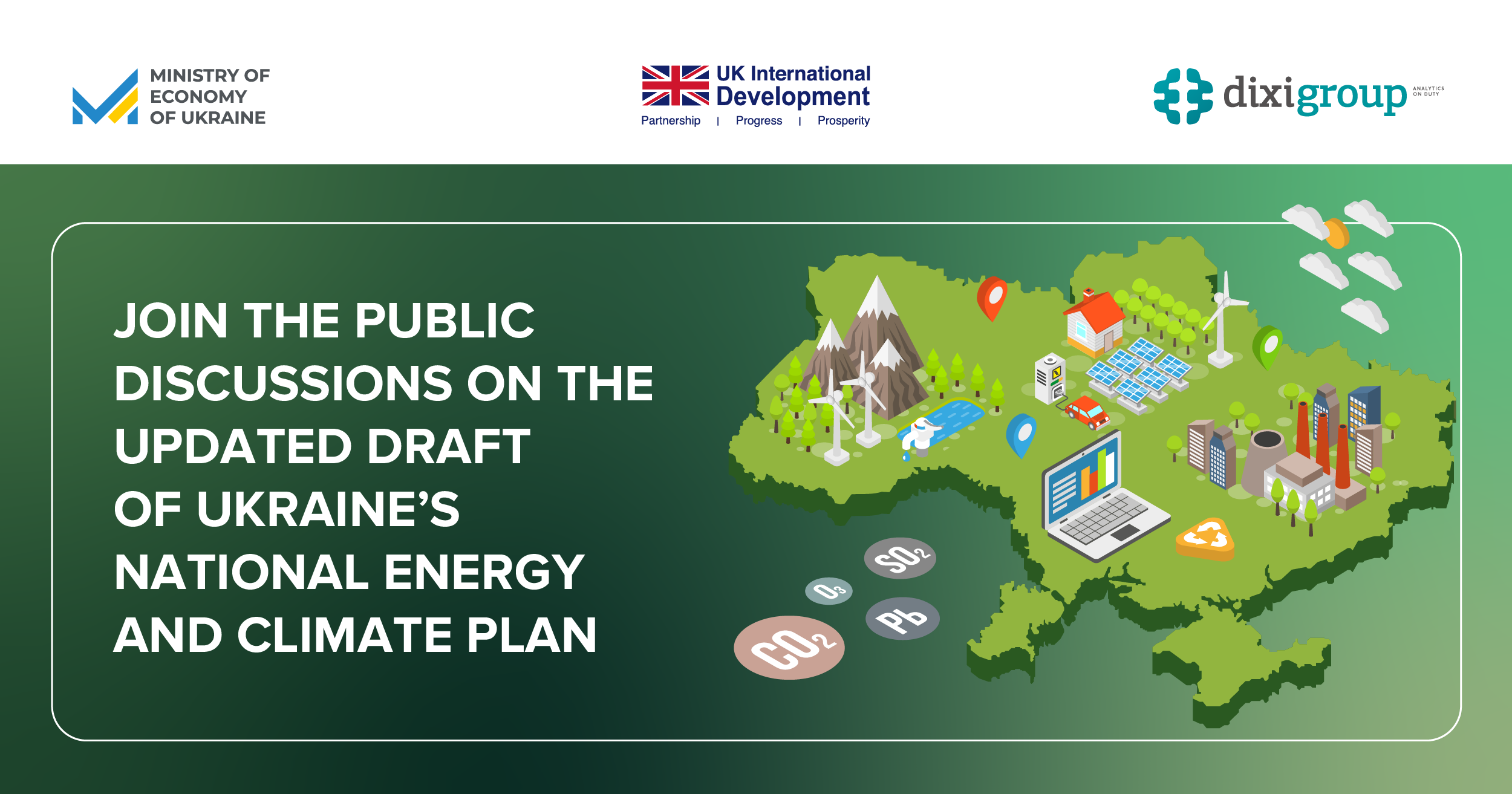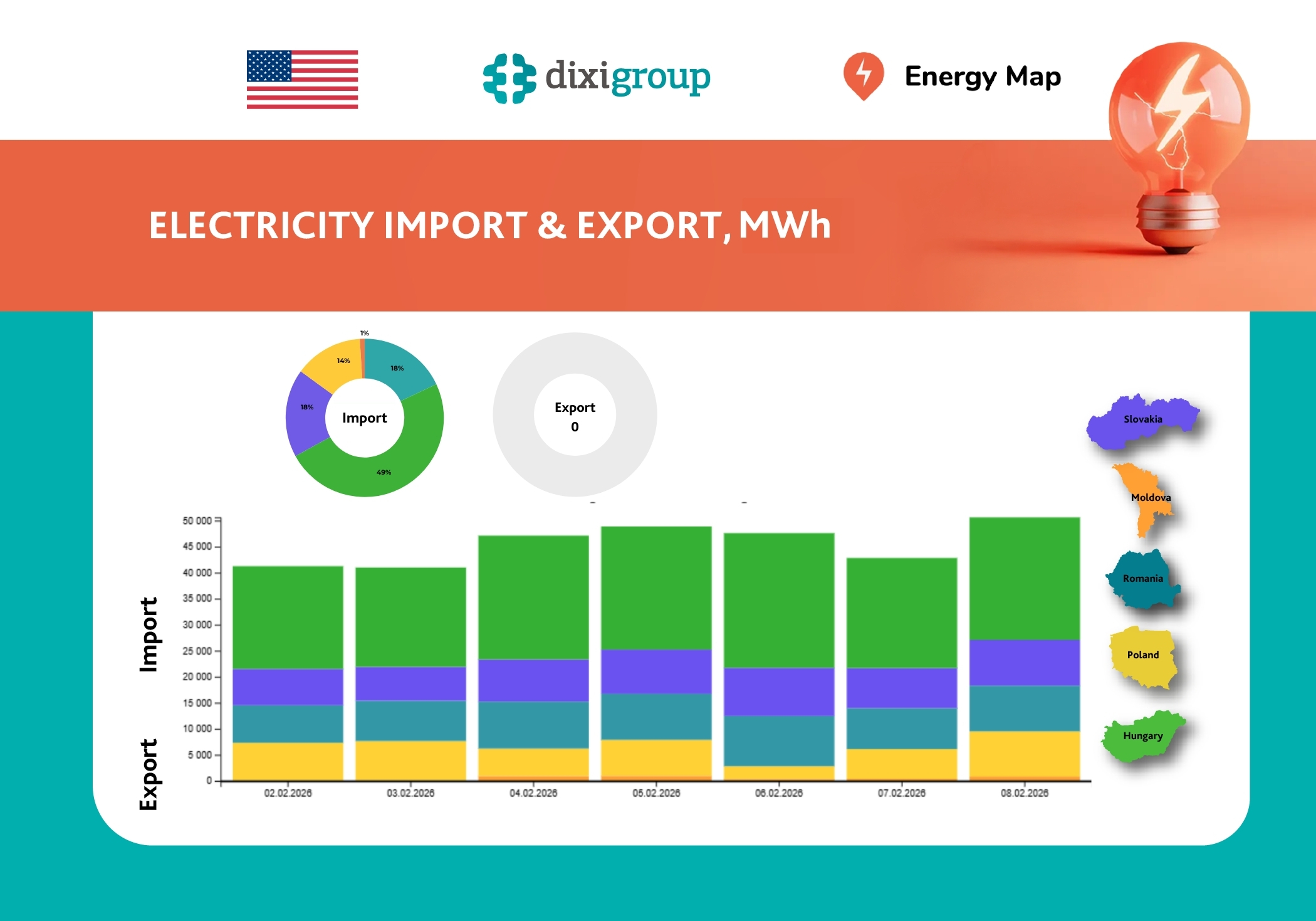The European Commission has officially adopted a roadmap outlining the gradual phase-out of russian energy imports — including gas, oil, and nuclear fuel.
This strategic document marks a key step in implementing the REPowerEU plan, aimed at achieving the EU’s full energy independence from russia in a coordinated and secure manner, while maintaining supply stability and price resilience across the EU.
According to the roadmap, by the end of 2025, EU Members are expected to prepare national plans to phase out imports of russian gas, nuclear energy, and oil. Simultaneously, efforts continue to accelerate the energy transition and diversify supplies to minimize risks to supply security and market stability.
In the nuclear energy section, the European Commission took into account several proposals from the DiXi Group think tank, which were previously advocated at the national level and featured in the white paper “The Future of European Leadership in Economic Deterrence of Aggression.” Since 2022, DiXi Group experts have consistently called for increased pressure on the russian nuclear sector — particularly targeting Rosatom, the state corporation that monopolizes all russian nuclear projects and plays a key role in financing russia’s war against Ukraine.
According to a joint study by DiXi Group and Bruegel, which included recommendations for reducing EU dependence on russian uranium imports, EU countries imported over $700 million worth of uranium products from russia in 2024. This creates a strategic vulnerability for Europe, as the Kremlin uses nuclear contracts to pursue geopolitical interests, including projects like Paks II Nuclear Power Plant in Hungary.
DiXi Group’s recommendations include banning the participation of European companies in Rosatom-related projects, halting joint development of new nuclear technologies — including small modular reactors (SMRs) — and introducing blocking sanctions against Rosatom subsidiaries involved in the military-industrial complex.
Specifically, the EU roadmap on nuclear energy includes:
- A ban on new contracts and joint projects with Rosatom and its subsidiaries;
- A gradual phase-out of russian nuclear fuel from the EU market;
- Strengthened sanctions against key Rosatom enterprises that support russia’s military sector;
- Termination of cooperation with Rosatom in research and development of new nuclear technologies, including SMRs;
- Restrictions on imports of enriched uranium and other nuclear materials from russia, along with tighter controls over contracts approved by the Euratom Supply Agency (ESA);
- Launch of a “Radioisotope Valley” initiative to ensure EU-based production of medical radioisotopes.
The implementation of these measures aims to eliminate russian influence on the European nuclear fuel cycle and reinforce the EU’s energy security.
“We believe the EU can effectively eliminate its dependence in the nuclear sector. Of course, this will take several years, but without decisive action today, we cannot plan for a secure tomorrow,” — emphasized Olena Lapenko, General Manager for Energy Security and Resilience, DiXi Group
The think tank emphasizes that adopting these recommendations is crucial to weakening the financial foundation of russia’s aggression and supporting the EU’s shift toward cleaner, more independent energy. Full implementation of the REPowerEU roadmap will strengthen European energy security, promote economic growth, and contribute significantly to the EU’s climate goals.
This material was prepared with the support of the International Renaissance Foundation as part of the project “Enhancing the Energy Security of Tomorrow.” The content reflects the views of the authors and does not necessarily represent the position of the International Renaissance Foundation.






